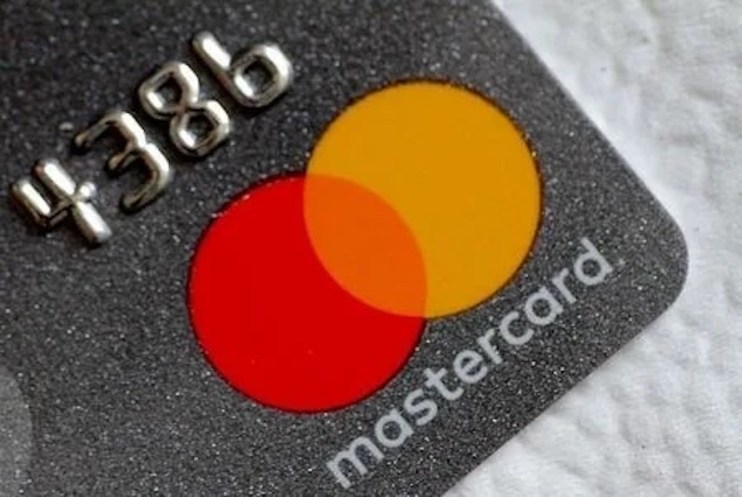Cost of card payments slammed as ‘startling’ after Mastercard exec defends fees

A lobby group has today warned of the “startling rise in the cost of accepting cards” for small businesses after the European chief of Mastercard defended the fees it levies on merchants over the weekend.
Interchange fees, which are charged to merchants and paid to the card issuing bank and payment network, have climbed sharply in recent years and squeezed merchants.
The price hikes have drawn the ire of business bodies who have argued it amounts to a tax on card payments.
The British Retail Consortium, Federation of Small Businesses and lobby group Coadec were among groups to launch an ‘Axe the Card Tax’ campaign last year calling for regulators to step into the market in the UK and reduce fees.
However the European president of Mastercard, Mark Barnett, this weekend defended the current fee structure on Sunday.
“We believe interchange is the right mechanism for everybody, sharing the costs and benefits of the payment system,” he told the Financial Times. “We think it represents incredibly good value.”
The comments have come under fire from start-up lobby group Coadec however, which has previously slammed the ‘stealth card tax’ and the monopoly of Visa and Mastercard. The group’s analysis suggests that card processing fees have risen 600 per cent over the past eight years.
“Coadec is part of the Axe the Card Tax campaign because of the startling rise in the cost of accepting cards,” Luke Kosky, fintech policy lead at Coadec told City A.M.
“Interchange fees themselves represent great value for the banks – that is their purpose. But the Government has not yet worked out if the current cap levels are right for the UK where 90 per cent of retail sales are on cards. Such a review is only possible post-Brexit.”
The Payment Systems Regulator is currently conducting a market review of the fees paid to card payment networks, which Mastercard is cooperating with.
Coadec called for alternative ways of paying to be explored to take the pressure off retailers via alternatives like “open banking payments, or vital staples like cash.”